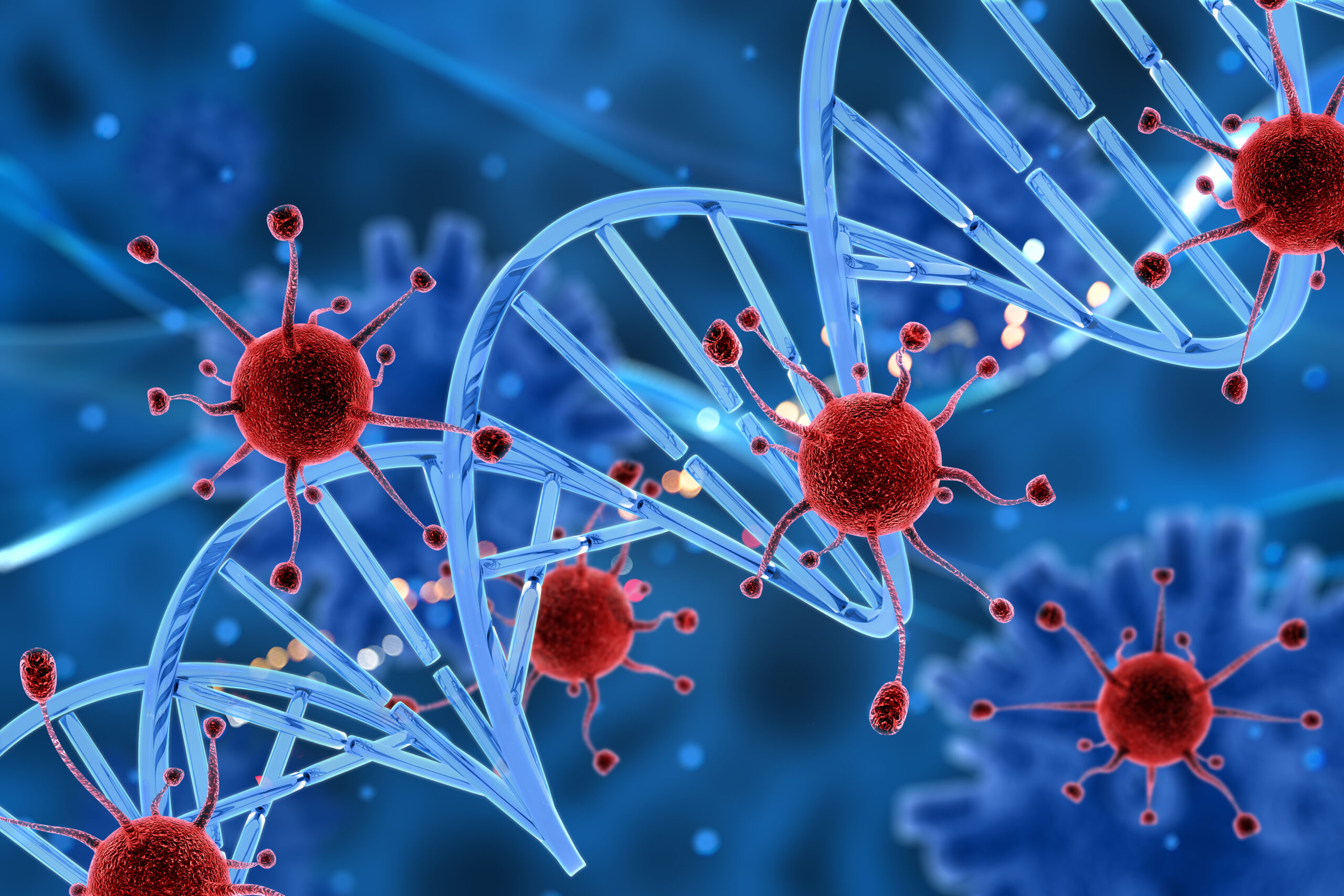An antiviral diet focuses on consuming foods that enhance the body’s natural defenses against viruses, thereby supporting overall immune health. By incorporating specific nutrients and compounds, this diet aims to bolster immune function and reduce the risk of infections.
What Is an Antiviral Diet?
An antiviral diet comprises foods that studies suggest have antiviral properties, aiming to enhance the body’s immune response against viral infections. It’s not a specific diet to follow at all times but involves integrating functional foods to boost immunity during viral infections, potentially reducing their severity and duration.
The Role of Anti-Inflammatory Foods in Immune Support
The immune system relies on various nutrients to function optimally. An antiviral diet provides essential vitamins, minerals, and antioxidants that:
- Reducing Chronic Inflammation: Certain foods contain compounds that inhibit inflammatory pathways, promoting a balanced immune response.
- Enhancing Immune Cell Function: Nutrients found in anti-inflammatory foods can improve the activity and efficiency of immune cells, aiding in the detection and elimination of pathogens.
- Enhance Immune Response: Nutrients like vitamin C, vitamin D, and zinc play pivotal roles in activating immune cells and producing antibodies. For instance, vitamin C, found in citrus fruits, may reduce the likelihood of lower respiratory tract infections.
- Reduce Inflammation: Antioxidants help mitigate chronic inflammation, which can impair immune function.
- Support Gut Health: A healthy gut microbiome is crucial for immune health. Fermented foods and probiotics promote beneficial gut bacteria.
Foods to Include in an Antiviral Diet:-
12 Foods Packed with Benefits for a Strong Immune System-
-Certain foods that contain various vitamins and minerals, amino acids, fatty acids, and plant compounds boost the immune system and help the body prevent and fight colds, flu, and other illnesses.
-Nutrients in citrus fruits, leafy greens, fatty fish, vegetables, and more promote a healthy gut microbiome, boost immune cell response, and fight harmful inflammation and oxidative stress.
- Citrus Fruits: Rich in vitamin C, they enhance the production of white blood cells.
- Garlic: Contains allicin, known for its antiviral properties.
- Ginger: Offers anti-inflammatory and antioxidant effects.
- Dark Chocolate
Dark chocolate is made from cocoa, which is high in polyphenols, plant compounds with antiviral and anti-inflammatory properties. A diet high in cocoa benefits the body’s immune system and gut microbiome and reduces inflammation.
Broccoli
Broccoli is considered one of the best foods for enhancing the immune system. This cruciferous vegetable is high in immunity-boosting vitamins C, E, and A and contains numerous plant compounds known for their antioxidant properties, including sulforaphane, a powerful anti-inflammatory. Consume broccoli raw, steamed, or lightly cooked to preserve its nutrients.
Berries
Strawberries, blueberries, and raspberries are high in vitamin C and other disease-fighting nutrients. Polyphenols, such as resveratrol, are found in berries and have antiviral and anti-inflammatory effects that also help enhance immune system function.
Fatty Fish
Fatty fish are rich in omega-3 fatty acids, tryptophan (an amino acid), taurine, and polyamines. These compounds help strengthen and regulate the immune system and increase the number of beneficial bacteria in the gut microbiome.
Bell Peppers
Bell peppers are high in powerful immunity-boosting vitamins C and A and beta carotene, which
converts to vitamin A in the body. Red bell peppers contain more vitamin C than most common citrus fruits. Bell peppers are also high in lycopene, a plant pigment with antioxidant and anti-inflammatory properties.
Tea
Green and black tea are rich in flavonoids and antioxidants that help boost the immune system. Green tea also
contains epigallocatechin gallate, an antioxidant that improves immune system function, lowers the risk of some diseases, and reduces inflammation.
Nuts and Seeds
Nuts and seeds are high in vitamin E, which supports antibody production and protects against oxidation. Almonds are known to be effective immune boosters because they contain a mix of fats and plant sterols that help the immune system function well and fight inflammation. Sunflower seeds also stand out for containing zinc and selenium, minerals with numerous disease-fighting properties.
Spinach and Other Leafy Greens
Leafy greens like spinach, kale, and collard are high in vitamin C, one of the most important vitamins for immune system function. Leafy greens are also high in beta carotene, which converts to vitamin A, an anti-inflammatory vitamin that helps antibodies fight viruses.
- Yogurt and Kefir: Fermented dairy products that supply probiotics, promoting gut health.
- Turmeric: Contains curcumin, which has anti-inflammatory and antiviral properties.
Foods to Avoid on an Antiviral Diet-
Certain foods can impair immune function and should be limited:
- Processed Foods: Often high in unhealthy fats and sugars, they can suppress immune responses.
- Sugary Beverages: Excessive sugar intake can reduce the efficiency of immune cells.
- Trans Fats: Found in some margarines and packaged snacks, trans fats can promote inflammation.
- Alcohol: Excessive consumption can weaken the immune system.
- Refined Carbohydrates: Foods like white bread and pastries can cause blood sugar spikes, negatively affecting immune function.
Key Components of an Antiviral Diet
- Immune-Boosting Nutrients: Essential vitamins and minerals, such as vitamin C, vitamin D, zinc, and selenium, play pivotal roles in activating immune cells and producing antibodies. For instance, vitamin C, found in citrus fruits, may reduce the likelihood of lower respiratory tract infections.
- Antioxidants: Compounds like flavonoids and polyphenols help mitigate oxidative stress, which can impair immune function. Berries, rich in flavonoids, have been shown to inhibit the replication of several viruses, including respiratory syncytial virus and influenza.
- Probiotics: Fermented foods such as yogurt and kefir supply beneficial bacteria that promote gut health, a crucial component of the immune system. Probiotics have been associated with enhanced immune responses and may help prevent infections.
Incorporating Anti-Inflammatory Foods into Your Diet-
To effectively integrate these foods:
- Plan Balanced Meals: Aim to include a variety of anti-inflammatory foods in each meal to ensure a broad spectrum of nutrients.
- Choose Whole Foods: Opt for unprocessed or minimally processed foods to maximize nutrient intake and minimize inflammatory compounds.
- Stay Hydrated: Adequate water intake supports overall health and helps maintain the body’s natural anti-inflammatory processes.
Conclusion
Adopting an antiviral diet rich in anti-inflammatory foods can play a significant role in supporting the immune system and reducing the risk of infections. By focusing on nutrient-dense, whole foods and minimizing the intake of pro-inflammatory items, you can enhance your body’s natural defenses and promote overall well-being.





